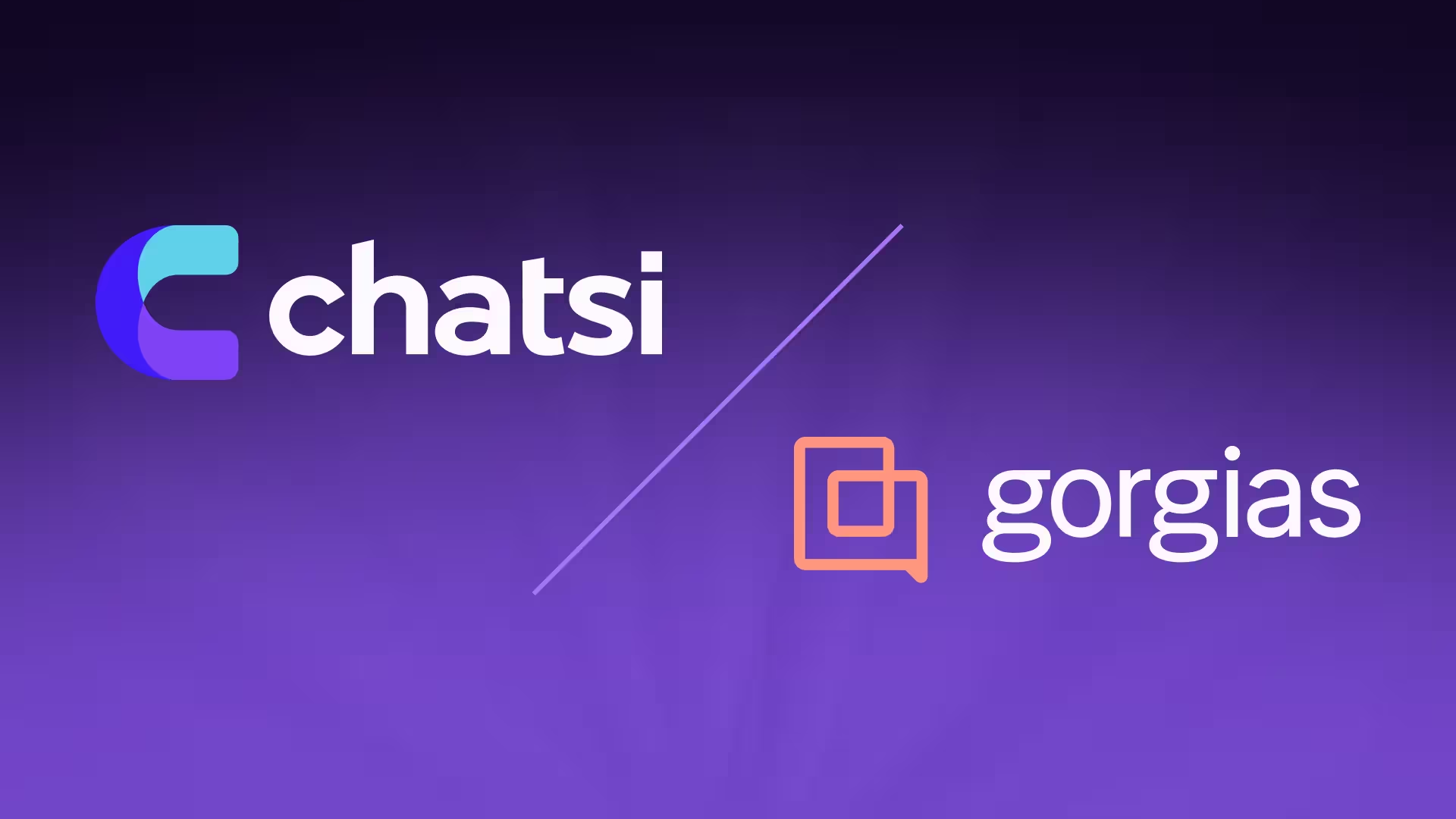The Hidden Cost of Selling on ChatGPT: Why Merchants Should Think Twice

1. You Lose the Checkout and the Customer Relationship
Selling inside ChatGPT means customers never land on your site. The entire shopping experience, from discovery to checkout, happens inside OpenAI’s ecosystem. That means you don’t get their email, you don’t pixel them for retargeting, and you can’t nurture them into loyal customers.
In short, the moment someone buys through ChatGPT, they become ChatGPT’s customer, not yours.
2. From Brand >> to Commodity
At first, being part of ChatGPT’s marketplace feels like joining a massive wave of discovery — “another sales channel with lots of eyeballs.” But as more merchants jump in, ChatGPT will surface products based on algorithms, not loyalty or brand story. Your carefully crafted brand voice gets reduced to a short product blurb competing with dozens of nearly identical listings.
What wins in that environment? Lowest price. Fastest shipping. Familiar SKUs. Not your brand’s unique value.
3. The “Pay to Play” Trap
We’ve seen this movie before on Amazon, Facebook, and Google. First it’s free exposure. Then, once the ecosystem is full of sellers, visibility becomes an auction. To get recommended or surfaced by ChatGPT (or Perplexity or any of the giant AI companies), merchants will have to pay through promoted placements, AI ranking boosts, or premium integrations.
What started as a new sales channel quickly becomes another toll road, with margins squeezed and brand differentiation eroded.
4. The Smarter Path Forward
AI commerce is absolutely the future, but merchants should own their AI channels. Instead of letting ChatGPT mediate the relationship, smart brands are building their own AI-powered shopping assistants on their own domains. That way, they control the data, the experience, and the long-term customer relationship.
In the age of conversational commerce, the real opportunity isn’t to sell through ChatGPT — it’s to learn from it and build your own branded AI experiences. Its not that hard and Chatsi is leading the way.

.avif)
